KS5 Student of the week
This week’s KS5 Student of the Week is Anya A in 13E, recognised for her outstanding contribution to the school during Open Evening and her dedication to her studies. Anya was an...
Filter by Category
Filter by Author


























































































































































































This week’s KS5 Student of the Week is Anya A in 13E, recognised for her outstanding contribution to the school during Open Evening and her dedication to her studies. Anya was an...
Posted by Jonathan Harris
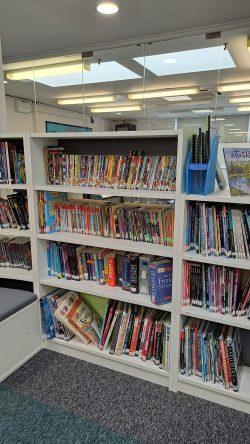
Dyslexia Lunch Club (DLC) has been running since October 2021 and has been a regular point of face-to-face contact for a number of students at BMS. It is run alongside the...
Posted by admin

There is always a great buzz in the tech block on Tuesday’s after school, when students come with enthusiasm and ideas to explore during our weekly STEM Club sessions....
Posted by David Chalkley
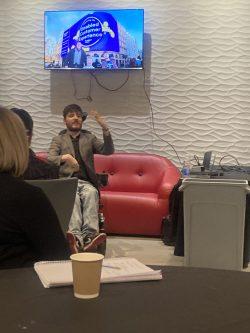
It was an amazing experience to attend the Watford Careers and Enterprise SEND networking event at Watford FC stadium. We learnt about the different programmes available through...
Posted by Sara Ash - Deputy Headteacher
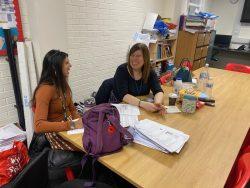
It was a real privilege to host a number of our Governors and Trustees, including our Chair of Governors and Trustee Di Hoeksma and Naomi Rich our Vice Chair of the Trust, for our...
Posted by Jeremy Turner

This week’s KS5 Student of the Week is Olivia H in 13W, recognised for her outstanding commitment to her studies, particularly during the recent PPE period. Olivia has...
Posted by Jonathan Harris
Since September, Miss Chander and I have been running a history club during Tuesday lunchtimes. The focus for the first half term has been Remembrance, and each pupil chose an...
Posted by admin
Success in school doesn’t just happen—it’s the result of hard work, smart strategies, and a positive mindset. Whether you’re aiming for the top grades or simply want to make...
Posted by Sara Ash - Deputy Headteacher
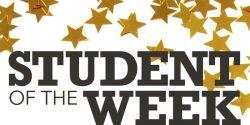
Name: Manav House: 8 Sycamore Reason for nomination: Amazing academic achievement, a positive attitude to learning and exceptional behaviour. ...
Posted by admin
It was a real privilege to observe a Year 7 English lesson, taught by Miss Denton, Advanced Lead Teacher for English. The lesson was focused on War Poetry and the students were...
Posted by Sara Ash - Deputy Headteacher
Over the past few weeks, Year 7 students have embarked on a thought-provoking journey into the world of war poetry. In class, they have been exploring how poets have used their craft to reflect on the human experience during wartime, with a special focus on the themes of remembrance and propaganda.
To mark Remembrance Day, students began by studying the poignant poem “In Flanders Fields” by John McCrae. This powerful piece provided a springboard for discussions on the symbolism of poppies, which represent the sacrifices made by soldiers during World War I. Through annotation activities, students closely examined the language and imagery in the poem, reflecting on how McCrae’s words have become a lasting symbol of remembrance.
Building on this, Year 7 then turned their attention to Jessie Pope’s “Who’s for the Game?” In this poem, the students explored the use of an extended metaphor, where war is depicted as a “game” to be played by brave volunteers. They also delved into the role of propaganda during the war, discussing how poets like Pope sought to encourage young men to enlist by presenting war as an exciting and noble endeavor. This led to a creative activity where students designed their own wartime propaganda posters, incorporating key quotations from the poem to reinforce the idea of persuasion and patriotic duty.
Looking ahead, Year 7 will continue their exploration of war poetry with works by Wilfred Owen, including his famous poem “Dulce et Decorum Est”, which starkly contrasts the glorified image of war with the grim reality faced by soldiers. Students will also study Siegfried Sassoon’s “Hero”. which challenges traditional perceptions of heroism, and Ian McMillan’s “The Game”, another powerful piece that questions the romanticized view of war.
This unit is not only enhancing our students’ analytical skills but also encouraging them to think critically about how literature can shape our understanding of history. We are excited to continue this exploration in the weeks ahead!
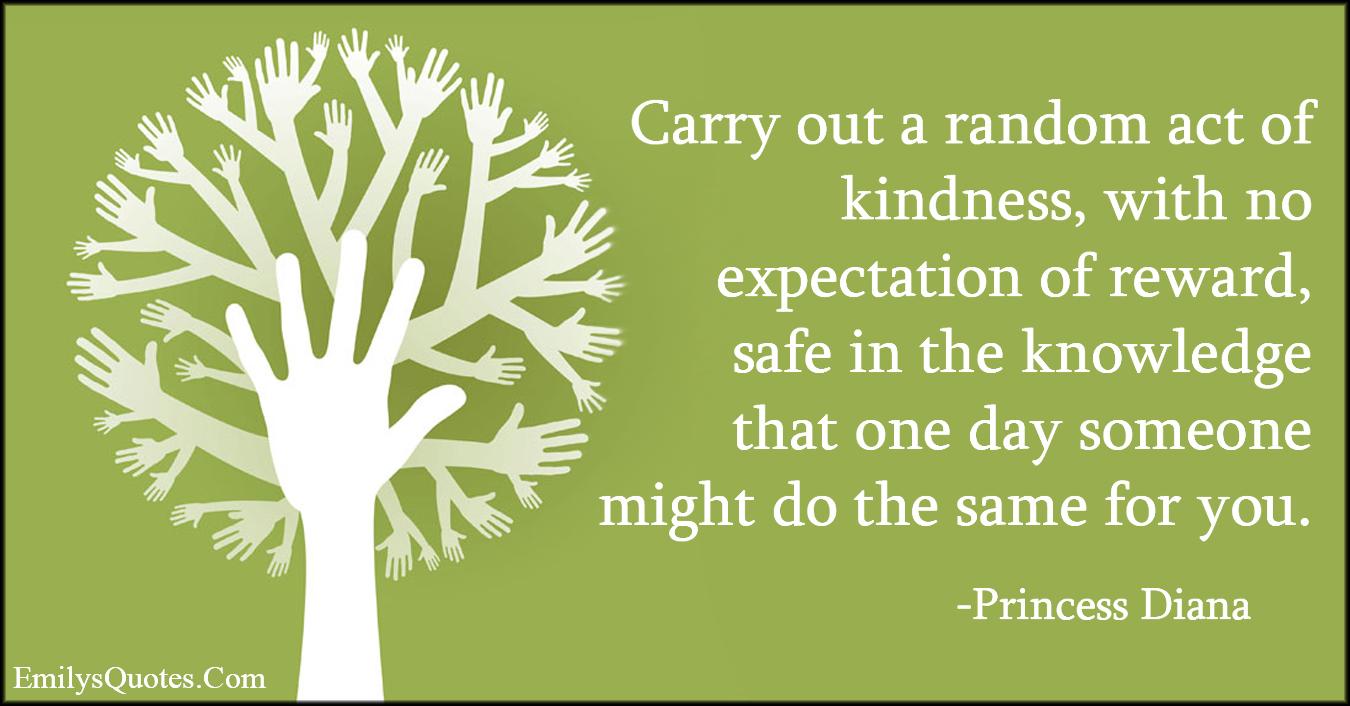
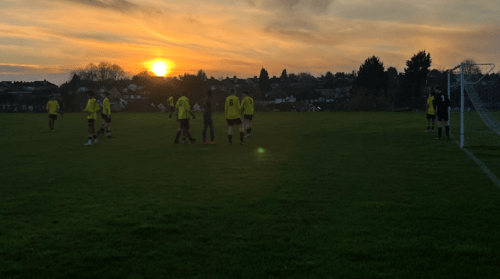
NEWS Mr Cartledge Head of PE and Health PE CONCEPT of the Week: KNOWLEDGE – Rules (Head) Mrs Cartledge The BMS PE and Health Faculty are committed to promoting an...
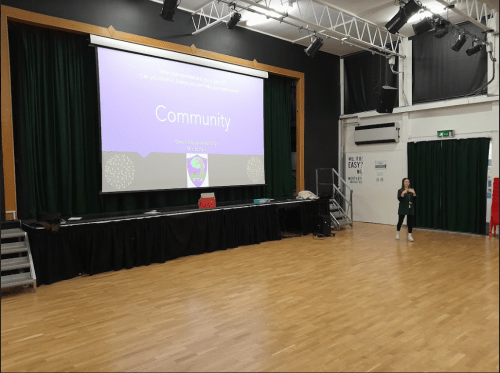
The Theme of the Week has been ‘Community’ and each House have enjoyed once again enjoy their bespoke House Assemblies. In Beech’s assembly, Mrs Bragoli, Head of Beech,...